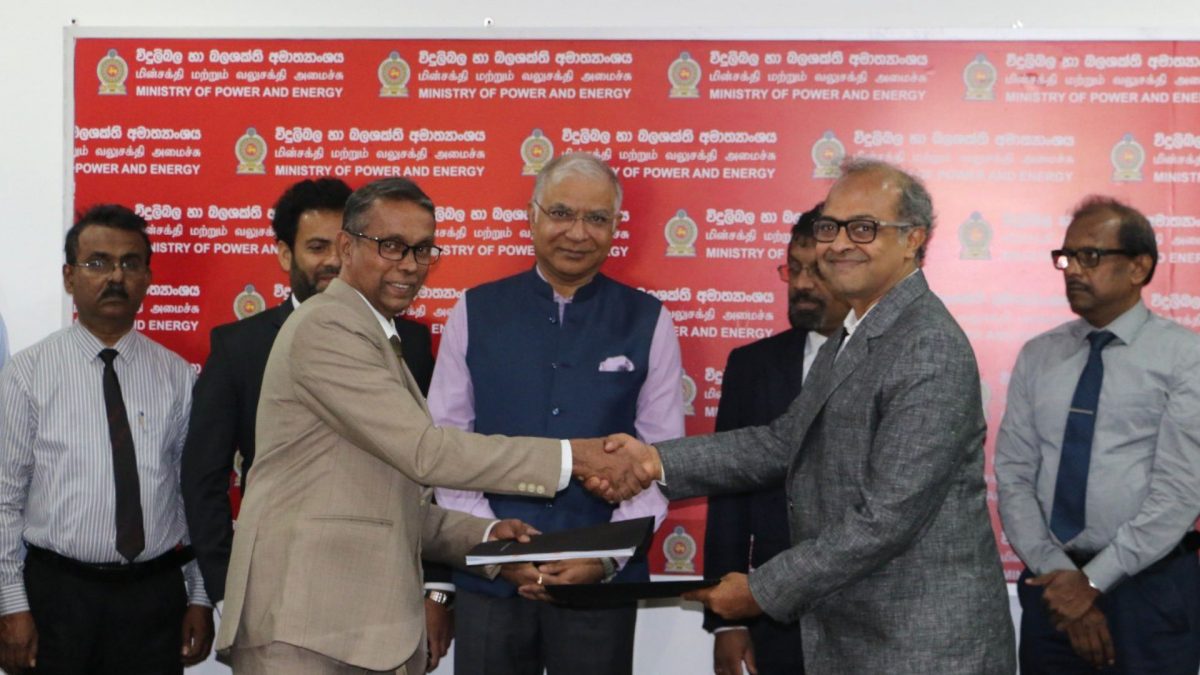In an almost eerie coincidence, APJ Abdul Kalam- the former President of India- died just a few days ago before another Indian Muslim, Yakub Menon - sentenced and convicted for his role in the 1993 Mumbai blasts - was hanged to death. Kalam’s death was greeted with shock and condoled across a cross section of India’s society and polity. Yakub was roundly condemned, reviled and hated for his alleged role in the Mumbai bombings. Whatever the nature of the arguments for hanging Memon, - the revulsion towards him by the majority community and the accolades for Kalam-, the two deaths and the reaction to these appear to reflect a dichotomous and contradictory typology present in India temporarily: the ‘Good Muslim’ and the ‘Bad Muslim’.
Yakub Memon, in this imaginary, falls in the ‘Bad Muslim’ category and Kalam in the ‘Good Muslim’ one. The ‘Good Muslim ‘ is one who is assimilated into the cultural, social and politico-economic fabric of India and says the ‘right’ things- the Khans of Bollywood spring to mind here. ‘Bad Muslims’ can fill in any void in the ‘othering’ schema of the imaginary of the majority community- the skull cap wearing and bearded Muslim man or the burkha-clad Muslim woman, to cite a couple of instances.
This dichotomy and binary raises questions about the nature of secularism in India , or what Sunil Khilnani, called the Idea of India. Indian secularism, in theory, differs from its Western variant or even progenitor. The former, given the nature, diversity - religious, ethnic and cultural - and fault lines that define India, acknowledges the existence of religion in the public sphere wherein the state accords equal treatment to all religions. The recognition accorded to Muslim Personal Law in India is held as an instance of this variety of secularism. The ‘Idea of India’ that emanated and accrued from this configuration was held by Khilnani to be the fullest manifestation of ‘plural liberalism’ that “skillfully mediated an ungainly, unlikely and inelegant concatenation of differences”. Or, in other words, it was held to be the essence and epitome of political modernity. The architects of the concept and idea were Nehru and his other like-minded elites.
However, the condition of Muslims in India appears to offer a sharp contrapuntal to ‘India’s peculiar path to political modernity’. The hanging of Memon or even Afzal Guru perhaps indicate and reflect that the Idea of India as touted by elitist intellectuals is more theoretical than real. Would Memon or Afzal have been hanged if rights were real, rather than notional, in the country? The implication here is not that the rights of Memon and Afzal were abrogated.(Perhaps they were and perhaps they were not). The issue pertains to the rights of Muslim minorities in India.
By any indicator , Muslims in India conform to what Victor Hugo called, in a different permutation and condition, Les Miserables. A sullen mass of peoples, Muslims live on the fringes of economic, social and political life of the country. The reasons are both structural and idiosyncratic but it cannot be gainsaid that the Muslim condition in India is rather wretched. One major consequence of this condition is the non-presence of Muslims in India’s political and public life (save a handful of ‘Good Muslims’). The corollary here is the that political rights for Muslims exist in the domain of theory and arcane constitutionalism.
The absence of Muslims in India’s politico-economic and public spheres means that they can be taken for granted (used as vote banks) or in the Far Right’s schema, a foil for the Othering of India. It also means Memons and Afzals of the country can be hanged at will. Cumulatively, all this means that plural liberalism in the country is more a theoretical construct formulated and adumbrated upon by elitist intellectuals in the cool and cushy confines of the Western academy. This is as sad as can be. The future of a whole community is contingent on the vigorous practice and reification of plural liberalism. But alas, theory does not appear to meet reality in India. What would be the long term implications and consequences of this fall in the domain of the ‘unknown unknown’. The assertions stated here will be challenged and even impugned. If, however, the premises and hypotheses offered here are held to be wrong, I would close by citing a quote- which carries the essence of plural liberalism- of the doyen of the philosophy, Isaiah Berlin. According to Berlin: “Let us have the courage of our admitted ignorance, of our doubts and uncertainties. At least we can try to discover what others require, by making it possible for ourselves to know men as they truly are, by listening to them carefully and sympathetically, and understanding them and their lives and their needs…’
Who in the country, I dare ask, knows Muslims as they are? Who listens carefully and sympathetically? Who understands Muslims’ needs and lives? Suffice it to say that I am happy to review my assumptions and hypotheses if a robust answer is provided to these questions.


)




)
)
)
)
)
)
)
)